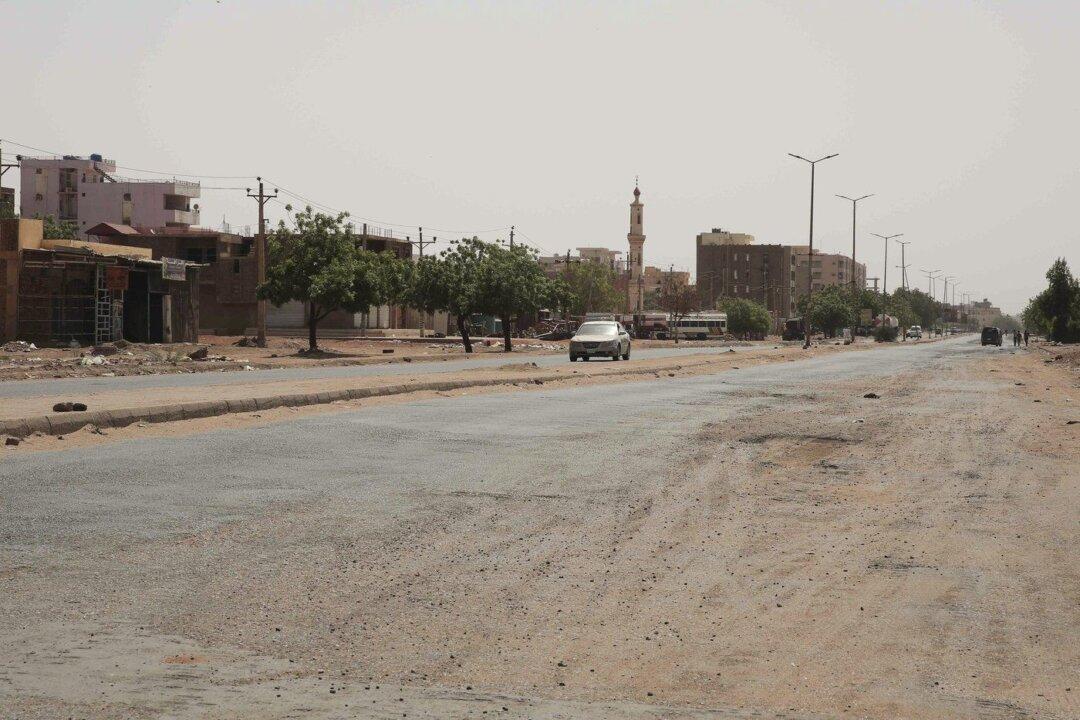Canada is relocating its efforts to get stranded Canadians out of Sudan from the capital to a distant port city as violence continues to escalate between the country’s army and a powerful paramilitary group.
Defence Minister Anita Anand says about 550 people left Sudan on six military-run flights from the country’s main airport in Khartoum between Thursday and Saturday. Between its own flights and help from international partners, about 400 Canadians and permanent residents have now been evacuated.





